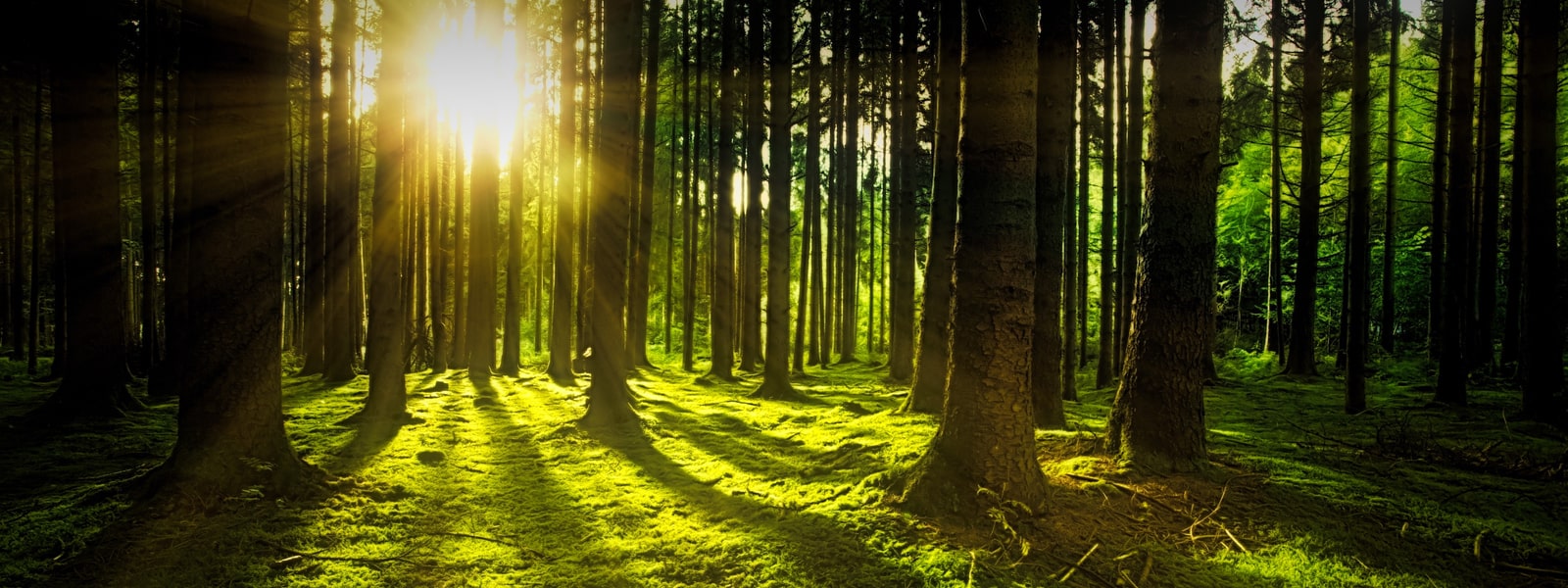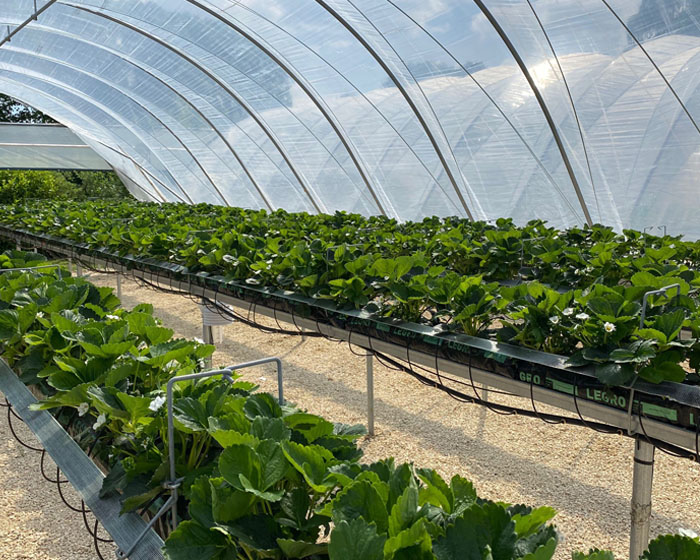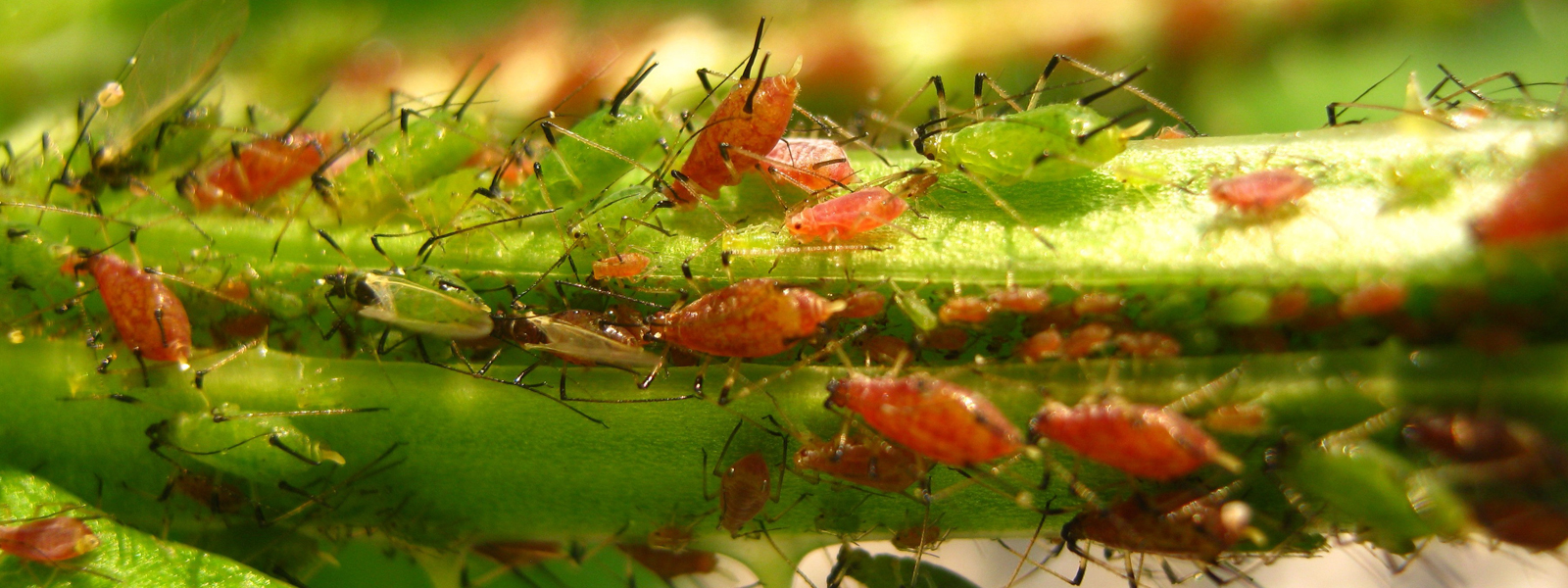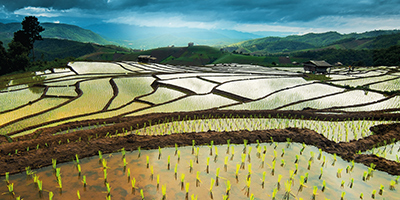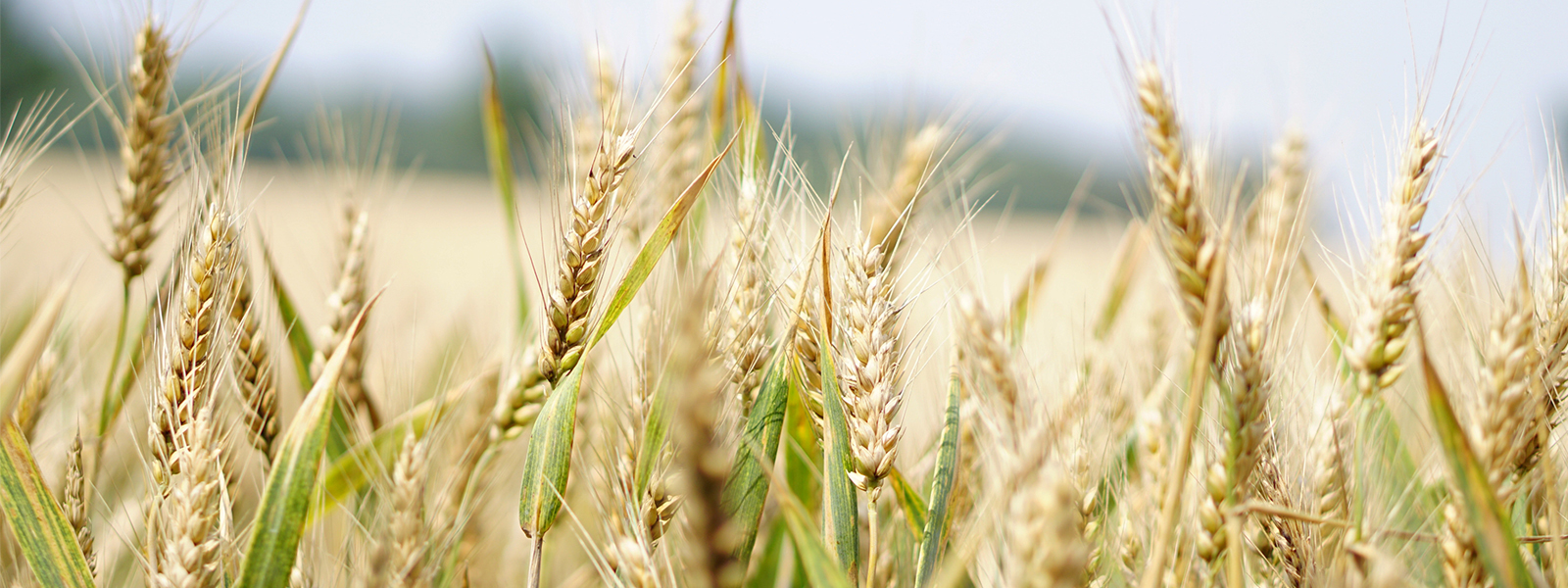UN SDG 15: Life on Land
Protect, restore and promote sustainable use of terrestrial ecosystems, sustainably manage forests, combat desertification, and halt and reverse land degradation and halt biodiversity loss.
SDG Outputs
We had 17 outputs relevant to SDG15 in 2022 and 21 in 2021.
Islam, M.T., et al. (2022) Assessment of the domestic energy use impacts of unplanned refugee settlements on the forest ecology of Cox's Bazar, Bangladesh Ecocycles 8 86-98
DOI:10.19040/ecocycles.v8i1.225
Rozendaal, D.M.A, et al. (2022) Aboveground forest biomass varies across continents, ecological zones and successional stages: Refined IPCC default values for tropical and subtropical forests. Environmental Research Letters 17
DOI: 10.1088/1748-9326/ac45b3
Overview
We are very proud of the work we have been doing to promote and improve biodiversity on our own campuses and have developed a biodiversity improvement plan to be implemented across all three campuses. Beyond our own campuses, we also work with a number of local partners such as Doddington Hall Estate and Lincolnshire Wildlife Trust to protect and support life above land.
Our work also extends beyond the borders of Lincolnshire, and for the last ten years our students have had the opportunity to visit the cloud forests of Ecuador as part of their degree programme. Students are taught about the biodiversity of the forest and its history and importance by members of our host community. We also work with scientists in the reserve to monitor the fauna and environment by supplying camera traps and environmental data loggers that can both be used for scientific research and teaching.
Biodiversity Research Projects
University of Lincoln academics, including the Ecology and Evolution Research Group, are engaged in an array of research projects which are linked to biodiversity. Their research has wide reaching aims, from protecting the environment for future generations, to understanding ecology and evolution.
Our Life Science and Computer Science students have been collaborating with colleagues from the Lincolnshire Wildlife Trust, Plantlife, and the Greater Lincolnshire Nature Partnership to develop novel ways of identifying and monitoring biodiversity using machine learning. This has resulted in a jointly authored publication on the classification of the vegetation of roadside verges, which is the initial output of this project.
Improving Engagement
We have a history of partnership with the Lincolnshire Wildlife Trust, including previously partnering with them in the Love Lincolnshire Plants project. The project was designed to inspire the next generation of botanists and our students benefited from extra botanical training alongside talks and events on our campus.
Rewilding Doddington Hall
We have established a partnership with Doddington Hall, a local estate that has begun a 100-year rewilding project, to restore biodiversity over its 770 hectares. Our students and scientists have contributed baseline data for the biodiversity and ecosystem services of the estate and continue to contribute data as the estate re-wilds. The also estate provides ongoing opportunities for our students to learn about biodiversity and ecosystem restoration.
Almuni Making a Difference
A number of our students have gone on to work in roles in biodiversity management and recovery for government agencies or NGOs including Leah Vollans, who studied the invertebrates of Doddington, and started a career at Natural England shortly after graduation, working on catchment sensitive farming; Hannah Curtis, who completed a dissertation on soils at Doddington, and has started a career as a conservation officer with Lincolnshire Wildlife Trust; Ashley Reaney who is working as a conservation officer with Lincolnshire Wildlife Trust; and Chloe Francis who is researching dung beetles at Doddington, and is contributing a blog article to the Dung Beetle Trust, a group initiated by livestock farmers, vets, and dung beetle conservation practitioners.
Sustainability in the Curriculum
We recognise that sustainability is not just a concern for today, but an ongoing project. That is why we have developed a suite of courses at both undergraduate and postgraduate level which educate and develop the next generation of conservationists. These courses make use of our wide range of industry standard facilities and the subject experts that are part of our academic community.
Explore More
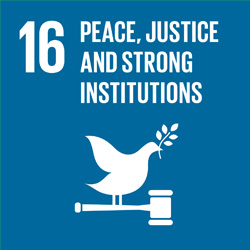
UN SDG 16: Peace, Justice and Institutions
Promote peaceful and inclusive societies for sustainable development, provide access to justice for all and build effective, accountable and inclusive institutions at all levels.
SDG Outputs
According to SciVal our colleagues produced 17 outputs relevant to SDG15 in 2022 and 21 in 2021.
Islam, M.T., et al. (2022) Assessment of the domestic energy use impacts of unplanned refugee settlements on the forest ecology of Cox's Bazar, Bangladesh Ecocycles 8 86-98
DOI:10.19040/ecocycles.v8i1.225
Rozendaal, D.M.A, et al. (2022) Aboveground forest biomass varies across continents, ecological zones and successional stages: Refined IPCC default values for tropical and subtropical forests. Environmental Research Letters 17
DOI: 10.1088/1748-9326/ac45b3

